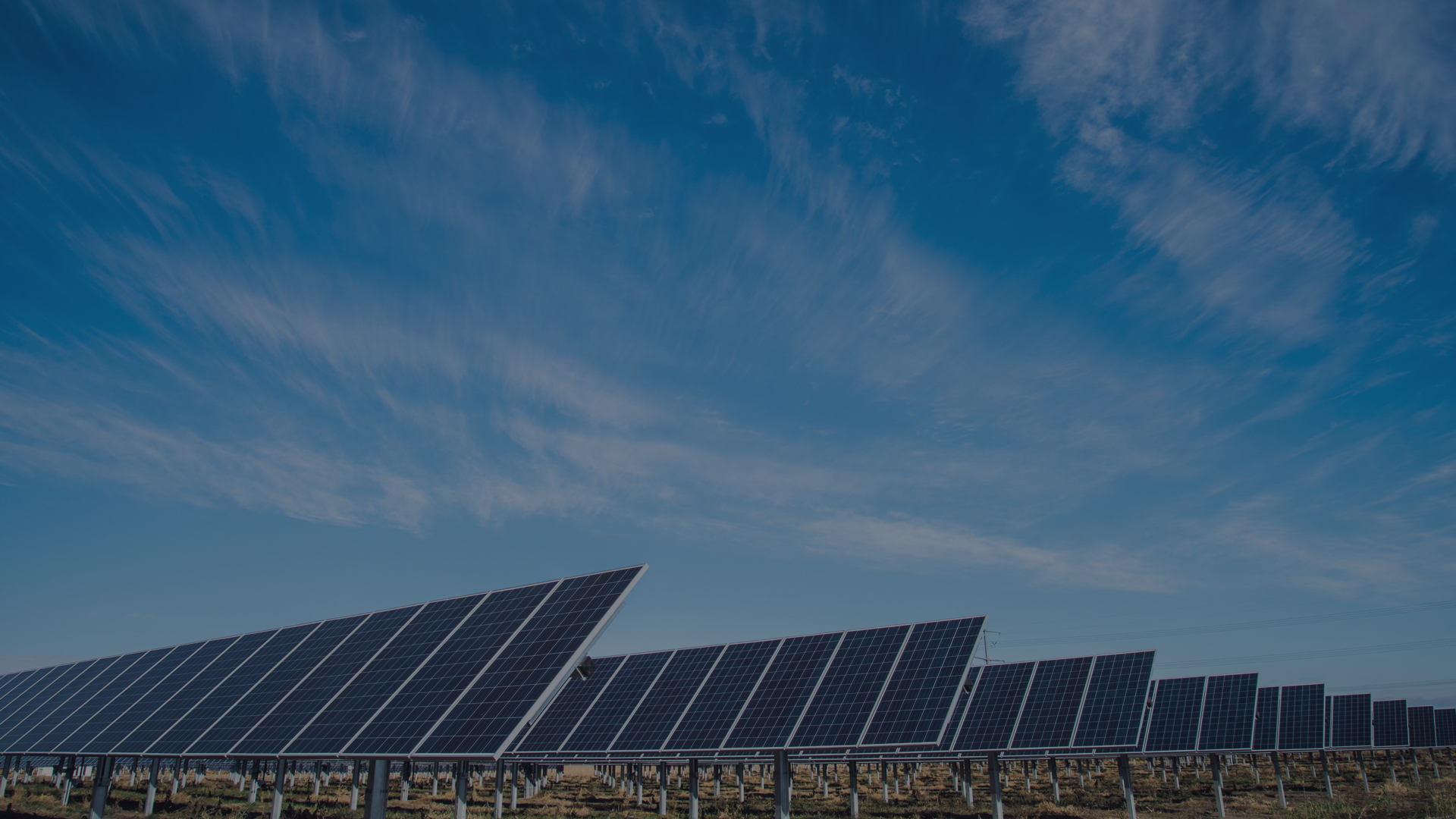Fuel poverty has never been a more prominent issue in the UK. The average cost of a British household's utility bill comes in at £1,334 and according to recent figures from Skipton Financial Services, families need to be bringing home £25,000 a year just to meet ends meet. Over six million homes are poorly heated and this number is rising.
The majority of the 'Big Six' fuel companies have increased their prices and yet are turning over impressive profits. This week, energy giant SSE – Southern Electric, Swalec and Scottish Hydro – announced a 38 per cent rise in profits, before they raised their tariffs by nine per cent. The company, which is the second largest energy provider in the UK, saw a profit of nearly £400 million in the six months to September 30th.
Ann Robinson, Director of Consumer Policy at price comparison site uSwitch.com, said: "Consumers will be bitterly disappointed to see profits soaring so shortly after being asked to swallow a nine per cent price hike.
"SSE’s average dual fuel bill is now an eye-watering £1,354 a year, up from £1,235 a year. In January 2011 it was £1,094 a year – this means that in the space of just under two years customers have seen bills rocket by £260 or 24 per cent."
In an attempt to tackle these rising prices, an increasing number of homes are looking to install renewable energy systems such as solar panels. As the cost of electricity continues to increase, the savings generated by photovoltaic systems also increases. The latest figures from the Energy Savings Trust (EST) reveal that the cost of solar panels is decreasing whilst the size of the arrays are getting larger.
Despite cuts to the Feed in Tariff last month the average home with a domestic solar array has seen savings and income increase from £540 to £635 in the last 12 months and as energy costs rise, this profit margin rises with it.
